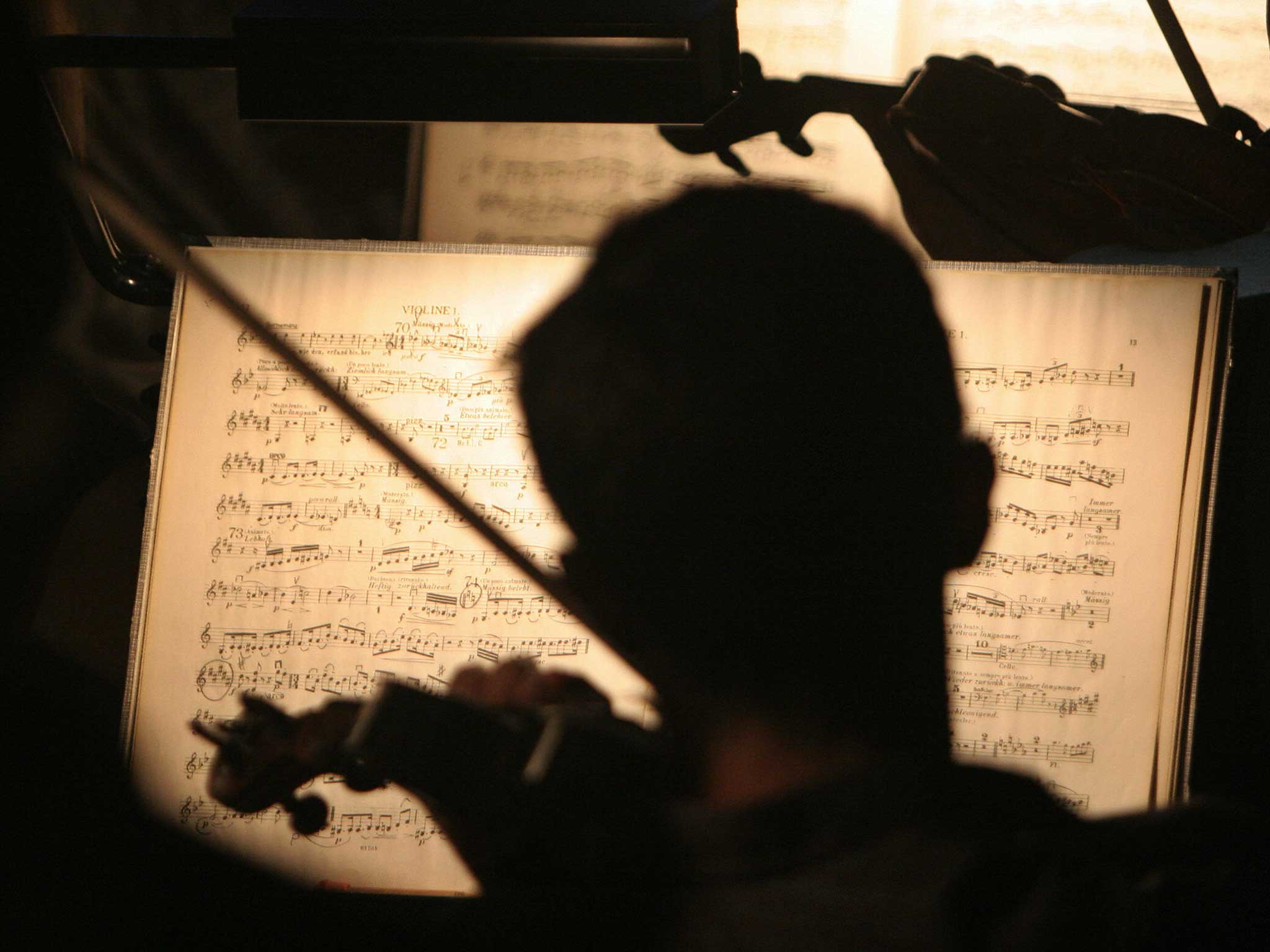Poorer children in UK priced out of learning to play musical instruments, report warns
‘To deny people who cannot afford music lessons the possibility of trying is criminal’

Poorer families in the UK are at risk of under-representation in the music industry as children are being priced out of learning to play musical instruments, a new report suggests.
Families from lower socioeconomic backgrounds, earning less than £28,000, are half as likely (19 per cent) to have a child learning an instrument than families who earn at least £48,000 (40 per cent).
The figures from the Musicians’ Union (MU) also show that more than two in five (41 per cent) of those from low-income families say instrumental music lessons are beyond their household budgets.
The educational attainment of parents also plays a factor in whether children will pick up an instrument, the survey of more than 1,200 parents of five- to 16-year-olds finds.
Nearly half (48 per cent) of children who have parents who are educated to university level will learn an instrument, compared with one fifth (21 per cent) at secondary school level, the data shows.
The government needs to urgently review its offering of instrumental music tuition in schools to ensure access to music for poorer children does not die out, the MU has said.
David Arnold, a composer who has scored James Bond films, Independence Day and Godzilla, said it is very unlikely that he would have had his career without the free music tuition at his state school.
Mr Arnold, who grew up in a working class family where neither of his parents played an instrument, said: “To deny people who cannot necessarily afford it the possibility of trying is criminal.
“Because what is going to be left is the only musicians – or players, or writers – we are going to hear are rich ones, ones that are able to afford it.”
Stephen Williams, a state school guitar teacher in the valleys of South Wales, told The Independent that when he started teaching a decade ago most schools offered musical instrument lessons free.
But now most schools charge around £80 a term per pupil for group tuition lessons. “I have had letters from 10 parents this year saying they are giving up because they cannot afford the lessons,” he said – a figure which is higher than average.
He added: “The quality of tuition is going down because schools are looking at costs. It is not just children being denied lessons – it is the whole sector being affected.”
Last month, a report revealed that almost nine in 10 state schools are working with the government’s music hubs – which are partnerships formed of schools, local authorities, arts and voluntary organisations working together to create music education provision.
The research, from the Department for Education, came after councils warned that music lessons in schools could be under threat if the government did not fund a pay rise for music teachers.
Another recent study from the University of Sussex found that an increasing number of secondary schools have reduced or removed music in the curriculum for students in Years 7 to 9.
On today’s report, Horace Trubridge, general secretary of the Musicians’ Union, said: “With certain children priced out of learning musical instruments, we may well only be hearing the songs and sounds of the affluent in years to come.
“Those from poorer backgrounds will, unfairly, be increasingly under-represented within the industry. The data released today shows the extent of the problem – and we would like to work with government to address this issue.”
A Department for Education spokeswoman said: “Learning to play a musical instrument opens all kinds of opportunities for children to express themselves. We believe pupils, regardless of background or where they live, should have this opportunity.
“That’s why the department has invested £300m in music hubs between 2016 and 2020, to give every child the chance to learn an instrument without any cost to them or their families.
“Just last month, analysis showed that through music hubs over 700,000 children learnt to play instruments in class together last year.”
Subscribe to Independent Premium to bookmark this article
Want to bookmark your favourite articles and stories to read or reference later? Start your Independent Premium subscription today.

Join our commenting forum
Join thought-provoking conversations, follow other Independent readers and see their replies